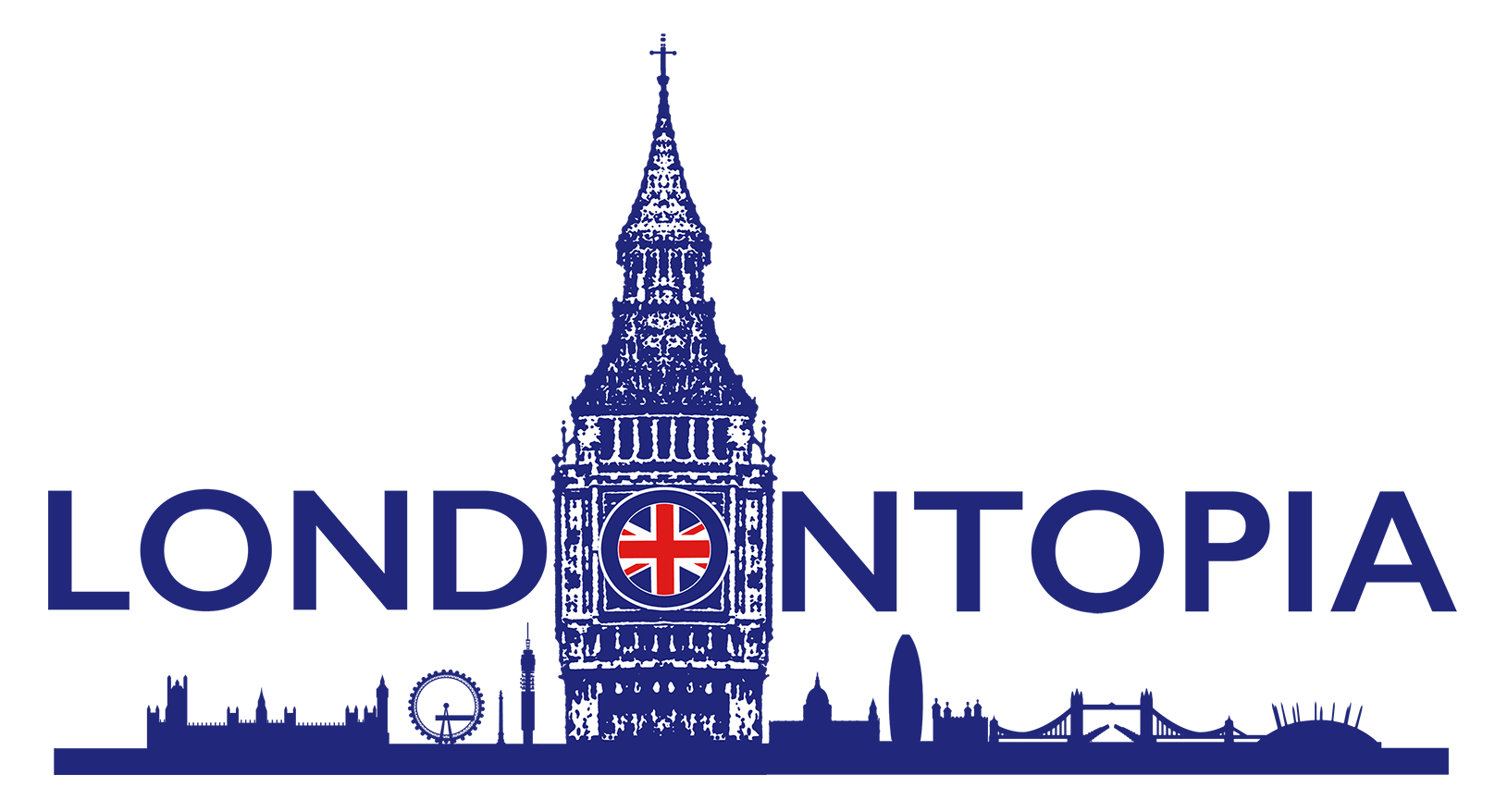Previously, we brought you ten pubs from around the United Kingdom that had some pretty odd names and how they came about them. Now we turn our attention to interesting pub names in London. Some are still open, while others have long since shut. Enjoy a look at some of oddest places to pull a pint in England’s capitol.
Lord Rodneys Head
Closed now, the pub was located in Whitechapel and opened sometime before 1806. No telling who Lord Rodney was, but it’s quite possible he was executed by beheading. The pub passed through a number of hands over the years and was once linked to the City of London Brewery. It closed in 2004 and has since been the home of a couple of retail shops.
The Blind Beggar
Another Whitechapel pub, this one remains open and has been since 1894, though the pub was there even before the current building. It was named after the story of a nobleman who, after being blinded in battle, was reduced to poverty, the story of which is expanded in the 17th Century play The Blind Beggar of Bethnel Green. Famous preacher William Booth gave his first public sermon on vices here before founding the Salvation Army.
Prospect of Whitby
Located in Wapping, the Prospect of Whitby is London’s oldest riverside pub dating back to 1520. Its had a couple of names, including The Pelican and Devil’s Tavern, owing to a somewhat dubious reputation given to it by its river-traveling patrons. Its current name comes from a ship that used to dock nearby. It was a favourite inn of “Hanging” Judge Jeffries. Pirates and criminals would often be hung on the river’s shore so that, when the tide went down, their executions would commence.
Dirty Dicks
Well, maybe not *that* dirty. Established in 1745 as The Old Jerusalem, it was renamed in the 19th Century after Richard Bentley. The story goes that Richard, who owned a nearby warehouse, let it fall into neglect and uncleanliness following the death of his fiancée. Located in Bishopsgate, it still plays host to patrons and often has live music and comedians.
The Old China Hand
Found in Central London, the Smith family bought it in 2005, expatriates who were born in China. Mr. and Mrs. Smith were affectionately known as the Old China Hands and lent the name to their pub. The Old China Hand prides itself on being one of the few family-owned freehold pubs in Central London with a huge selection of beers as it is not owned by any particular brewery or corporation.
I Am the Only Running Footman
Found in Mayfair, the name comes from the 19th Century when the job of footman was dying out. Footmen essentially ran alongside of a horse-drawn carriage to ensure they didn’t tip over thanks to things in the road or run ahead to prepare a place for their lord’s arrival. One of these fellows purchased the original pub as a place to serve his fellows.
The Paternoster
This pub is named after the area in which it’s located, Paternoster Square, near St. Paul’s Cathedral. The name derives from the Latin phrase “pater noster” which means “Our Father”, which is quite appropriate for a pub near one of the city’s most famous houses of worship. The pub bills itself as a place of juxtaposition, a modern pub located in a place of history.
Ye Olde Cheshire Cheese
One of the oldest pubs in the City of London, it was rebuilt in 1668 after the Great Fire and is a Grade II listed public house. It has quite the literary history as it was frequented by several famous writers including Charles Dickens, Mark Twain, Alfred Lord Tennyson, Sir Arthur Conan Doyle, and G.K. Chesterton. Cheshire Cheese is a popular pub name, and this one certainly justifies its “Ye Olde” title.
Hoop and Grapes
Perhaps the oldest pub in the City of London, the basement pre-dates the Great Fire and was built on top of part of the burial grounds of St. Bride’s Church. It was known for hosting a number of “fleet marriages”, clandestine weddings that too place away from churches without a license. When company Shepherd Neame purchased it in the 1990s, renovations discovered the burial site and several of the bodies were moved to the British Museum and the pub developed a rumor of being haunted.
The Crooked Billet
Found in Wimbledon, the Crooked Billet derives its name from the fact that it used to be grazing land, supposedly covered with crooked trees (a “billet” also being a term for a thick piece of wood or a tree trunk). The pub closed for renovations for a short time, but reopened in September.



What about the “Hung, Drawn & Quartered”, near Tower Bridge, which made an ‘appearance’ in one of Tom Clancy’s “Jack Ryan” series of books, “Teeth of the Tiger” I think. The name comes from a medieval form of execution.
Been there, was full of bollarhats wearing gents from the City, very nice
Also the Wig and Pen Club opposite the Law Courts in the Strand. I was told it was not burned down in the Great Fire of London.
The Wig and Pen Club was a private club rather than a public house. It closed in 2003, after ninety-five years of existence. The building (203 Strand, City of Westminster), dating from 1625 and standing on the foundations of a Roman structure, originally was the home of the gate-keeper of Temple Bar. Now occupied by a Thai restaurant but the ghost of Oliver Cromwell refuses to vacate the premises.
My favorite is still the Bunches Of Grapes. London would not be the same without it’s pubs.
Lord Rodney was an 18th century British admiral
The Dog and Duck
What about “The Widows Son” a pub that has a bar filled with old hot cross buns,where a member of the navy comes to put up a new hot cross bun every easter monday,the son refered to was lost at sea
Prospect of Whitby is incorrect, it is called the Town of Ramsgate and dates back to 1460. Judge Jeffreys was arrested there while trying to escape after the Glorious Revolution. Also incorrect, the condemned were actually chained to a post so they would drown as the tide came in. This is also the spot where John Banks and Captain Bligh came to inspect the Bounty before leaving for Tahiti.
Mention The Blind Beggar to anyone of a certain age from the East End and the first thing that comes to mind is the murder that took place there in 1966. George Cornell was shot by Ronnie Kray.
Lord Rodney ~ was, in fact, George Brydges Rodney. The 1st. Baron Rodney and Admiral Lord Rodney and lived from 1718 ~ 1792. He commanded a number of ships and was involved in a number of campaigns. He was even involved in the American War of Independence! There is an Admiral Lord Rodney pub a couple of miles away from where I live in the Northwest of England. It is in a town called Colne (pronounced ‘cown’). The town where I live is called Nelson ~ and as you will be aware, there is another rather famous Admiral standing atop a tall column down there in London.